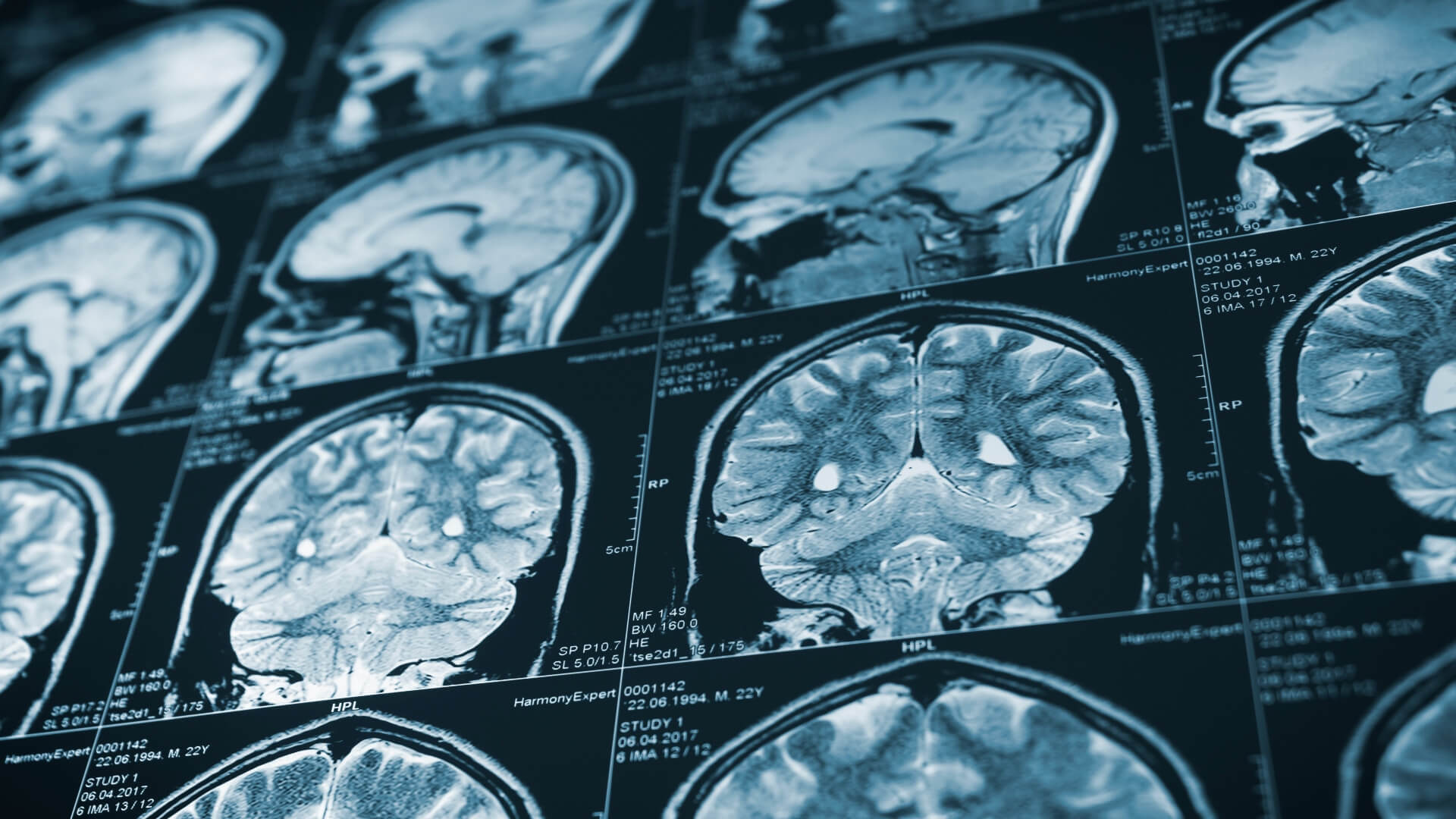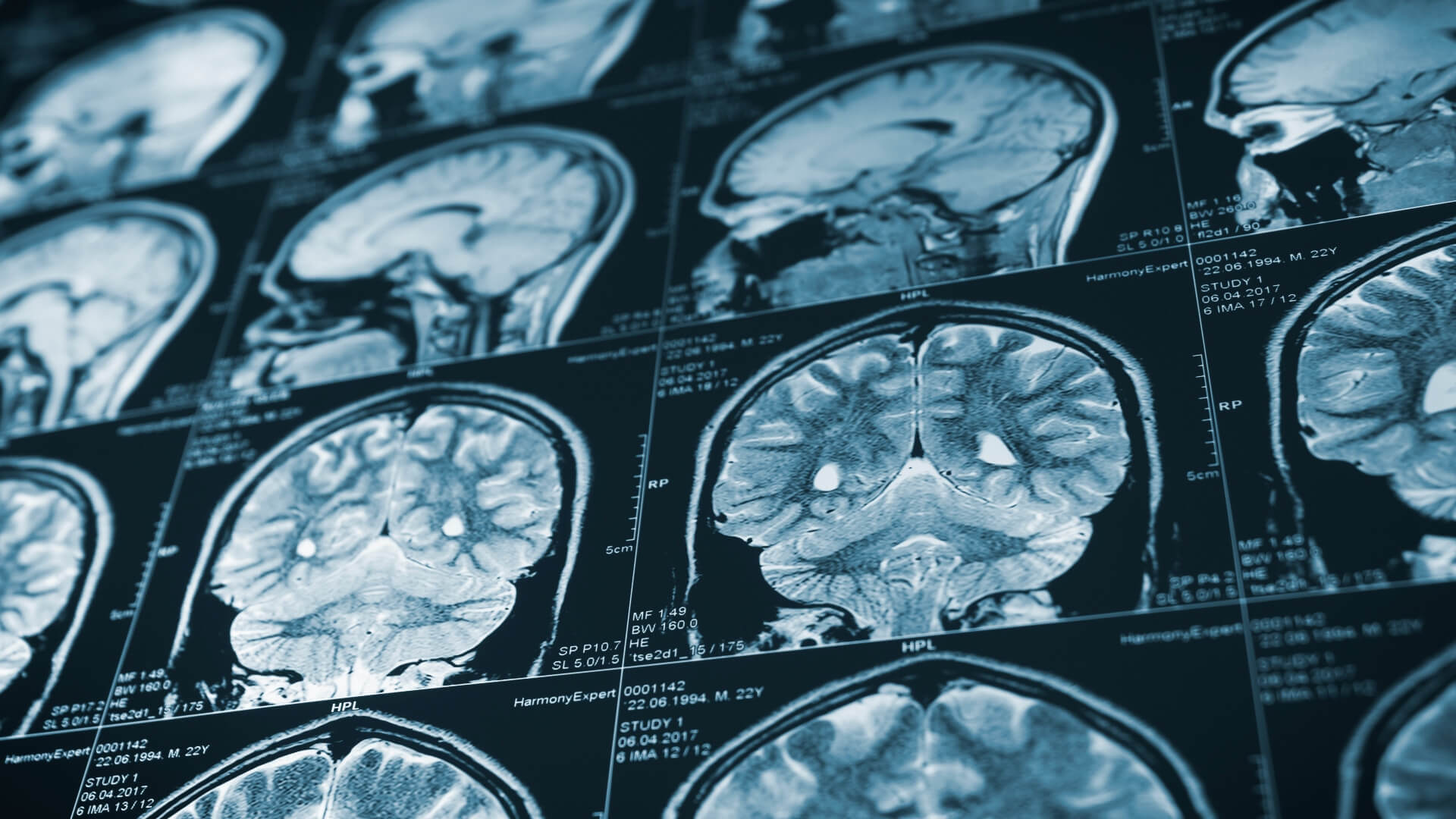Brain injuries are extremely serious events, that can have lifelong impacts for those unfortunate enough to suffer them. According to Headway, a leading UK head injury charity, there are over 350,000 hospital admissions each year as a result of head and brain injuries – but what causes them, and how do they present?
Types and Causes of Brain Injury
Brain injuries can take a variety of shapes, and occur from a wide variety of causes. The sheer range of possibility with regard to brain injury also makes for broad range of symptoms, which we will touch upon shortly. The most commonly-understood form of brain injury is Traumatic Brain Injury, or TBI. This describes any brain injury that occurs as a result of physical trauma to the head or neck.
In a majority of cases, this takes the form of a closed head injury, wherein a force interacts with the head and brain without penetrating the skull. A fall might see the head striking the pavement, while a car accident might cause the head to jerk forward and back. Here, the brain injury occurs due to momentum; the brain conserves momentum and collides with the walls of the skull, or twists and contorts against its own fibrous connections.
There are also Acquired Brain Injuries (ABIs) – a term that describes injuries experienced as a result of non-traumatic events. A stroke is a form of ABI, where a blood clot or blockage starves part of the brain of oxygen. Meningitis is an infection and inflammation of intracranial membranes, that can cause swelling and pressure on the brain – leading to injury.
Symptoms of Brain Injury
The brain is a hugely complex organ, containing billions upon billions of connections that enable almost every bodily function and process. As such, symptoms of brain injury can present in any number of ways – though there are some symptoms that are much more common than others.
For example, stroke victims typically display symptoms in accordance with the FAST mnemonic: Facial droop, Arm weakness and Speech issues, which indicate Time to enlist medical assistance. Traumatic brain injuries are a little more difficult to diagnose, with mild injuries resulting in dizziness and headaches as well as some potential temporary issues with memory. Serious injuries can have short- and long-term impacts, from issues with speech, coordination and memory to complete shifts in personality.
Treatments and Recovery
Treatments for brain injury depend very much on the nature of the brain injury itself. Surgery is often required to relieve swelling and staunch bleeding, while longer-term physical and mental therapies help to restore connections lost or severed as a result of the action.
As such, recovery can be a long, non-linear process – as well as costly. Where a brain injury was not the fault of the victim, brain injury solicitors are a useful resource for next steps and potential compensation. A successful civil case can also mean closure for the victim, forming a vital part of emotional recovery.


















